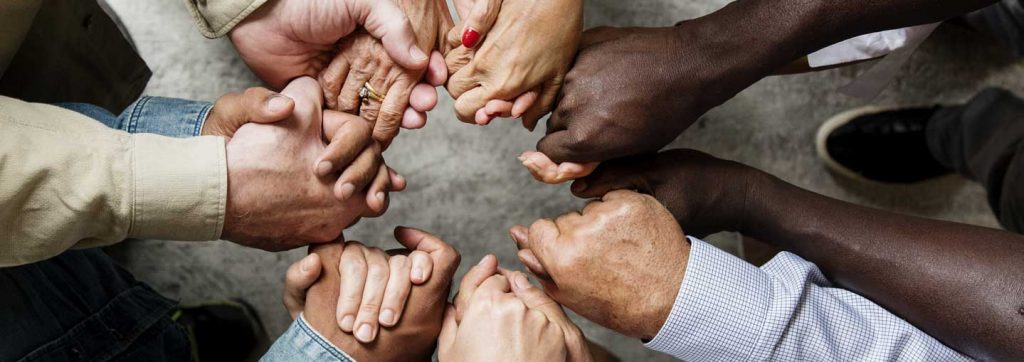Is it just me, or does it seem as if narcissism and materialism has increased significantly in the past three decades? 2000: when Snookie of the Jersey Shore declaresed herself “fascinating” as she stumbled in a drunken haze. 2010: Justin Timberlake brags “I’m bringing Sexy Back”. Today: The Bachelor finds “true love” by objectifying a collection of women, then dismissing them one by one. Millions tune in each week to watch “The Real Housewives of New York” (I’m still trying to figure out what is real about any of them or why they are considered “celebrities”.) And then, of course, there’s Kanye West. Need I say more?

Ironically though, over the same three decades, studies have reported higher levels of loneliness and depression than ever before. Despite the outward appearance of self-esteem and self-indulgence, it seems that wholesale happiness is on the decline. In an attempt to achieve happiness and fulfillment, have we fallen into a self-absorbed daze brought on by contemplation? Could it be that our culture’s trend toward introspection and the nearly obsessive focus on one’s “self” has blinded us to what is truly important? In an attempt to achieve happiness and fulfillment, have we fallen into a self-absorbed daze brought on by contemplation?
In a time where numerous self-help guru or pseudo-psychologist pushes us to “meditate, contemplate, find yourself and find your truth”, we would be wise to consider the pitfalls leading to this type of self-immersion. True, a bit of introspection and reflection can be, without a doubt, productive. However, there can be a dangerous flip side.
Contemplation of the “self” leads us to focus on ourselves as a subject. This deters us from the opportunity of losing ourselves in the process of “being”. When we are “subject” focused, all the things that grab our attention are objectified. Traveling down this particular wholly self-focused path of introspection, we objectify everything in our lives, including ourselves.
When your sense of identity is based on “things” instead of life itself, then identity is reduced to a concept of “I am what I have” or “I am how I look”, producing narcissism, megalomania, and materialism.
Our culture’s idolization of a self-absorbed entertainment industry, the booming business of cosmetic surgery, and an unrealistic, unattainable standard of beauty spoon-fed to us every day through the media would attest to this. (The pinnacle of which is a self-obsessed, reality TV personality occupying the highest office in the land.)
As a result, should one’s possessions or looks be lost, then one’s identity is threatened. With our sense of identity based on such superficial “things”, is it any wonder that, in the end, our fate is reduced to radical disillusion, isolation and disappointment?
So, let’s try this instead: Think of yourself as simply “being”. Just “being” has the power to free you from this kind of anxiety because you have nothing that can be taken from you. Social psychologist, Erich Fromm once said, “I feel, I see, I love, I am sad. All these human experiences, which can be expressed in actions, are human activities which are not dependent; which cannot be lost or destroyed.” The act of “being” is life affirming; it is engaged and creative, and it recognizes that others are equally life affirming and creative beings, not “things” or means to an end.
We spend way too much time in serious contemplation determining why it is that we are unhappy, or who it is that is the “authentic me”. This is not “revealed” information found through endless soul searching, but an active work in progress, ever changing. It comes when we have the courage to join in the flow of life, create projects that work for us and have the courage to change those projects that don’t.
Enough thinking and more doing! Create a “self” that is “true”, wholeheartedly knowing that it too is completely contingent and subject to change at any given moment. Instead of finding one’s self through constant introspection, one might want to consider losing one’s self in the joy of “being”.

